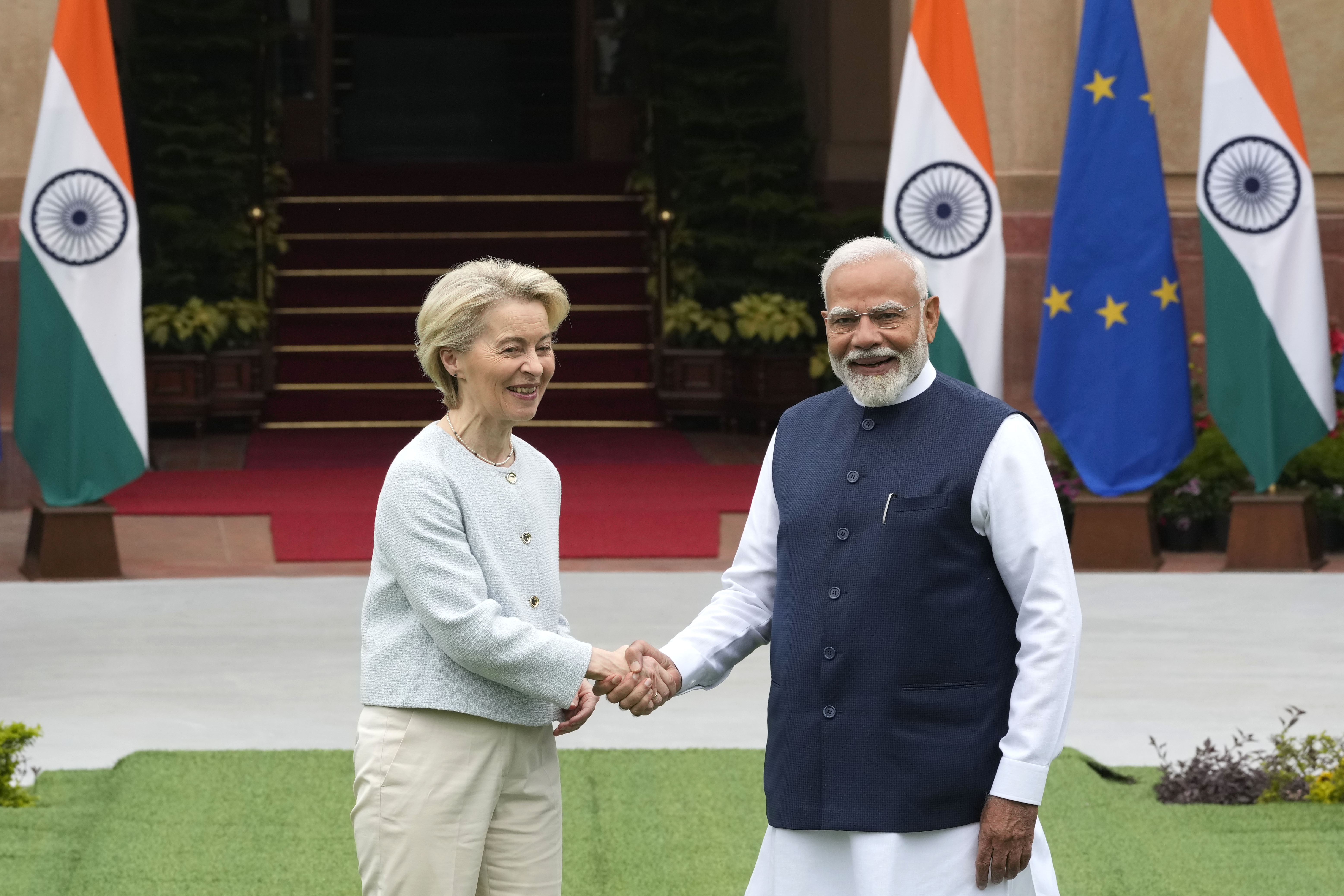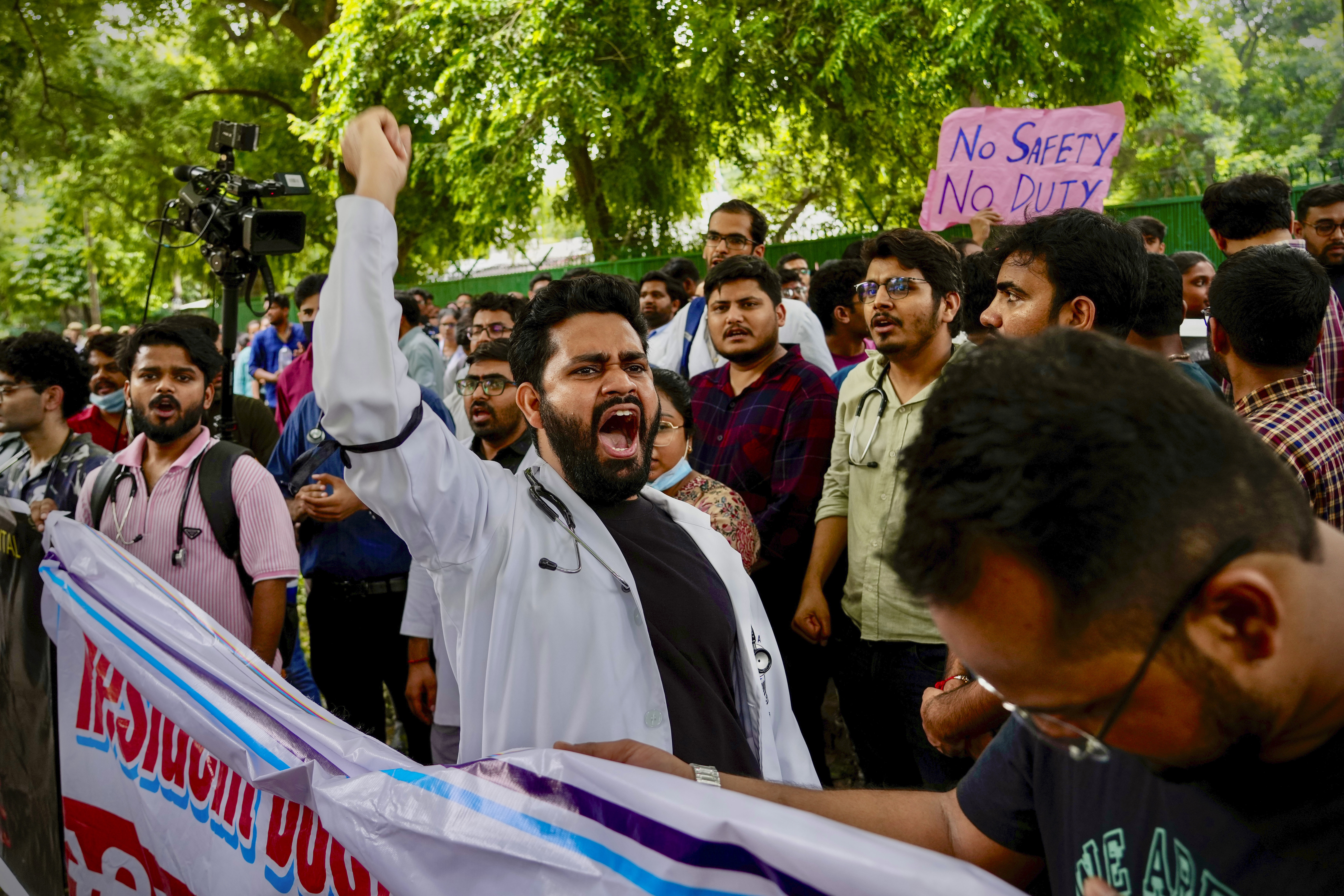India says it carried out military strikes against Pakistan as tensions spiral after Kashmir killings

India Launches Strikes on Terrorist Targets in Pakistan-Occupied Kashmir
In a decisive move early Wednesday, India’s armed forces executed targeted strikes against what they identified as terrorist infrastructure in Pakistan and the region known as Pakistan-occupied Jammu and Kashmir. The Indian Ministry of Defence emphasized that the strikes were precise, measured, and specifically avoided Pakistani military facilities.
Background of the Operation
The operation, named “Operation Sindoor,” targeted nine locations believed to be the planning grounds for terrorist attacks against India. This action was in response to a deadly attack last month in Pahalgam, Jammu and Kashmir, where 26 individuals were tragically killed. The Ministry of Defence stated, “We are living up to the commitment that those responsible for this attack will be held accountable.”
The term “Sindoor” in the operation’s name refers to a traditional red or orange powder worn by married Hindu women in India, symbolizing the gravity and solemnity of the mission, especially given that all victims in the Pahalgam attack were men.
Accusations and Denials
India’s Foreign Secretary, Vikram Misri, revealed that The Resistance Front, an offshoot of the Pakistan-based terror group Lashkar-e-Tayyiba, claimed responsibility for the Kashmir massacre. Pakistan, however, has denied any involvement in the incident. In contrast, Pakistan’s Information Minister, Attaullah Tarar, accused India of attacking civilian areas and violating Pakistan’s sovereignty, allegations that India firmly denies.
|
Following the strikes, Pakistan reported 26 casualties and 46 injuries, with Pakistan’s Prime Minister Shehbaz Sharif asserting Pakistan’s right to respond strongly to what he termed an act of war by India.
International Reactions and Airspace Closures
The international community has reacted with concern over the escalation between the two nuclear-armed neighbors. U.S. President Donald Trump expressed his hopes for a swift resolution to the conflict, noting the predictability of such incidents given past tensions. U.S. Secretary of State Marco Rubio is actively engaging with both nations to foster a peaceful resolution.
Flight operations have also been significantly affected, with most airlines, including Qatar Airways, avoiding Pakistani airspace, leading to disruptions in northern Indian flights as well.
Global Calls for Restraint
The United Arab Emirates’ Foreign Minister Sheikh Abdullah bin Zayed urged both India and Pakistan to de-escalate tensions and avoid actions that could threaten regional and international peace. Similarly, United Nations Secretary General Antonio Guterres highlighted the dangers of military confrontation, advocating for non-military solutions to prevent the situation from spiraling out of control.









No Comments